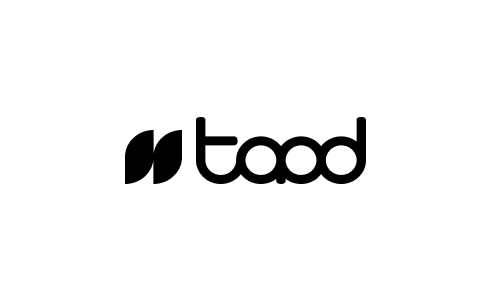For us, spaces are more than just places to work - they connect people, promote growth and drive business. As an innovation platform for visionary thinking, CODE_n brings together spaces, community and events to successfully shape the future of business and society.
CODE_n is an Innovation Campus with a thriving ecosystem where innovators, companies and ecosystem partners come together to drive progress. We offer startups access to valuable networks and expertise to accelerate growth and visibility. Companies engage with cutting-edge technologies and breakthrough business models and get opportunities for targeted collaborations. Ecosystem partners play a key role in shaping a strong network and fostering innovation. Whether as a resident or community member, everyone benefits from an open space designed to connect, inspire and create lasting impact.
Event & Workshop
Spaces
Spaces
Our adaptable Event and Workshop Spaces provide the ideal setting for impactful gatherings of all kinds. With spacious, versatile layouts, refined catering options tailored to diverse tastes, and high-quality equipment for presentations and workshops, these venues are designed to support successful, memorable events. You can concentrate fully on your business.
Event Spaces
Office Spaces
Our Office Spaces are designed to support productivity and collaboration for teams of all sizes. From private offices to spacious floors to co-working areas, our spaces provide flexible rental options, high-quality amenities, and a supportive community to meet the needs of modern and innovative businesses.
Office Spaces
Shaping the future together.
At CODE_n, we offer a dynamic environment where companies, startups and ecosystem partners can connect, innovate and grow. Whether you are looking for cutting-edge technologies, a flexible workplace or like to collaborate, we offer tailored opportunities to support your success.
Community
Startups
Flexible Rental Terms and
Friendly Pricing
Friendly Pricing
Personalized customer care
Access to Innovation Networks
Corporates
Access to new Technologies & Startup Scouting
Inspiring Innovation Formats & Matchmaking
Flexible Office Spaces & exclusive
Event Spaces
Event Spaces
Ecosystem Partners
Access to a strong Network
Collaborations to bundle Reach & Competencies
Collective support for transformative Projects

Ready to elevate
your business?
your business?
Get in touch today to explore how our spaces, community, and events can help you grow, connect, and innovate. Join a community of forward-thinkers, or book the space you need independently, and take the next step towards shaping the future of your business.
+49 711 219 505-90
Our Resident Partners




.png)




















.png)




















